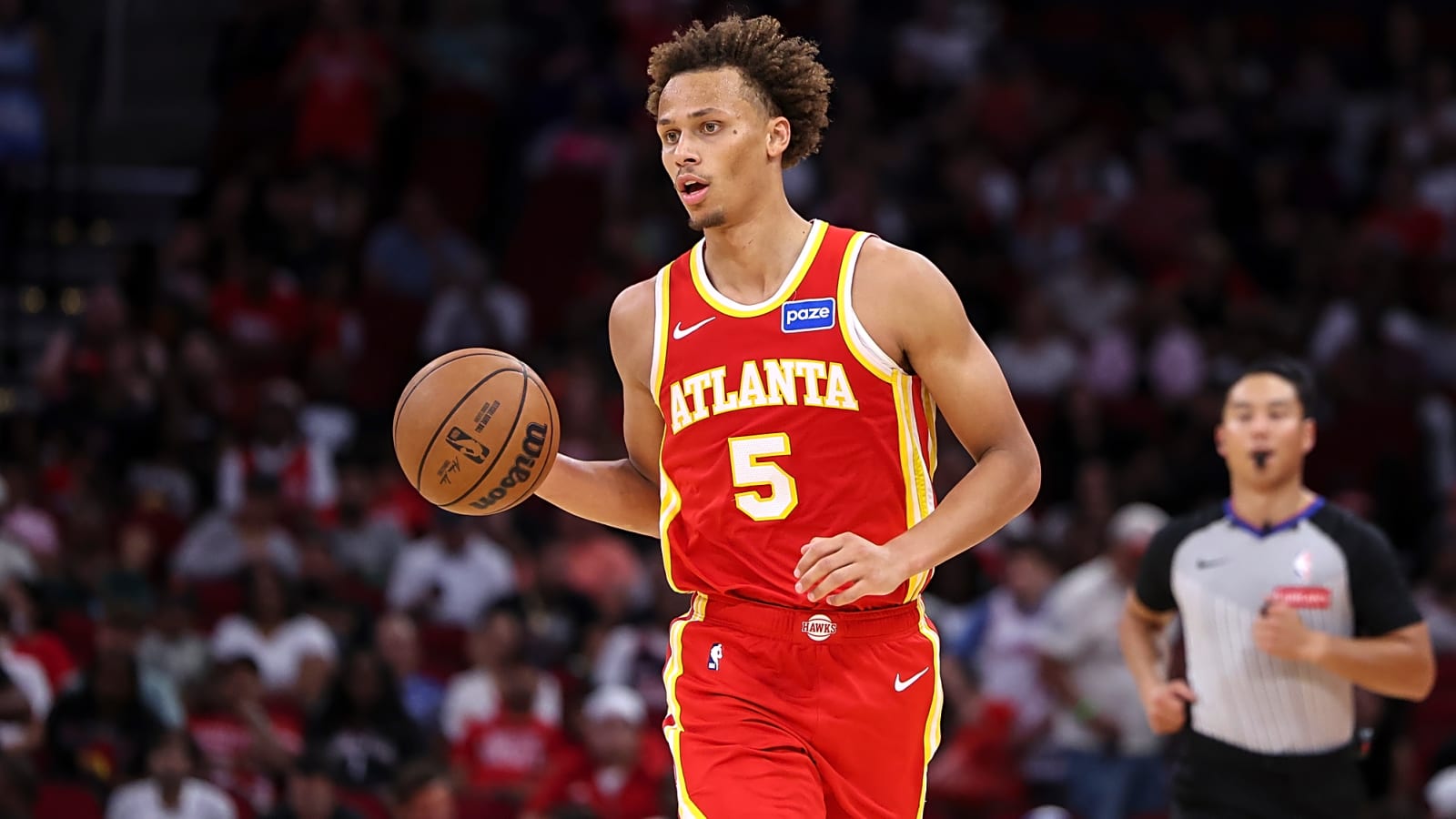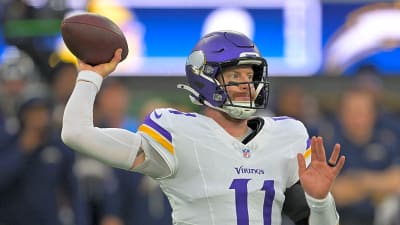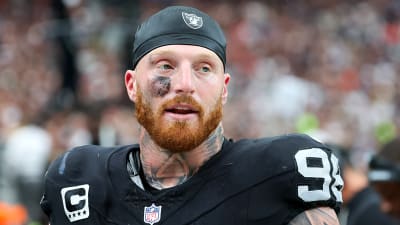
The clock struck midnight on the NBA’s rookie extension deadline, and one of the league’s most compelling storylines remains unresolved. Dyson Daniels, the electrifying defensive maestro who transformed the Atlanta Hawks’ identity last season, stands at a crossroads. His breakout campaign earned him the Most Improved Player award, a spot on the All-Defensive First Team, and runner-up honors for Defensive Player of the Year. Yet here we are, watching this talented 22-year-old Australian edge closer to restricted free agency.
The business of basketball can be brutal, even for rising stars who seemingly do everything right.
The Numbers Tell Two Different Stories
According to Michael Scotto at HoopsHype, the gap between what Daniels wants and what Atlanta’s willing to offer feels more like a canyon than a crack. Daniels and his agent, Daniel Moldovan, are seeking a five-year deal worth $150 million. The Hawks? They’re hovering around $115 million over the same period.
That’s a $35 million difference, and in today’s salary cap era, those dollars matter more than ever.
Here’s what makes this situation fascinating: both sides have legitimate arguments. Daniels delivered one of the most complete defensive seasons we’ve seen from a young player in years. He led the entire league in steals, wreaking havoc on opposing offenses with his length, instincts, and relentless motor. Watching him anticipate passing lanes and turn defense into instant offense became appointment viewing for Hawks fans.
But the Hawks front office, led by general manager Onsi Saleh, isn’t ready to hand out a massive extension based solely on defensive prowess and one breakout season. They want to see more offensive consistency, particularly from beyond the arc. Dyson Daniels is a career 32.7 percent three-point shooter. Last season, he bumped that up to 34 percent, but that’s still below league average for a starting wing.
What Makes Dyson Daniels Special
Let’s talk about what happened on the court last season, because the stats only tell part of the story. Dyson Daniels didn’t just rack up steals; he changed the way opposing teams approached their offense when he was on the floor. Guards checked their blind spots. Ball handlers kept two hands on the rock. His 6-foot-7 frame, combined with quick hands and exceptional court awareness, made him a genuine defensive weapon.
Beyond the steals, Dyson Daniels showed flashes of offensive versatility that hint at a higher ceiling. He averaged 14.1 points, 5.9 rebounds, and 4.4 assists per game after arriving from New Orleans in the Dejounte Murray trade. He attacked closeouts with confidence, found open teammates, and displayed a mid-range game that kept defenders honest.
But here’s the rub: can he become a reliable three-point threat? In the modern NBA, perimeter shooting isn’t optional for wing players who want max-level contracts. It’s essential. The Hawks know this. Dyson Daniels knows this. Everyone watching knows this.
The Market Context
Moldovan, Daniels’ agent, recently navigated Josh Giddey into a four-year, $100 million deal with the Chicago Bulls. That comparison matters because Giddey and Daniels share similar offensive limitations, particularly from deep. If Giddey commanded $25 million annually, Daniels’ camp believes their client deserves more given his defensive excellence.
The Hawks counter that argument by pointing to the new CBA’s harsh financial restrictions. Bad contracts don’t just hurt on the court anymore; they can cripple a franchise’s flexibility. Atlanta’s brass has preached “optionality” since Saleh took over, and committing $150 million to a player who’s still developing his offensive game could limit their ability to maneuver in future trade or free agency markets.
What Happens Next?
With the extension deadline passed, Dyson Daniels will play out this season on his rookie deal before hitting restricted free agency next summer. The Hawks will have the right to match any offer sheet he signs with another team, giving them ultimate control over his future.
This setup creates an interesting dynamic. If Daniels elevates his three-point shooting to 37 percent or higher this season while maintaining his defensive dominance, his market value could soar past even the $150 million he’s seeking now. That would make Atlanta’s hesitation look short-sighted.
Conversely, if his shooting stays stagnant or regresses, the Hawks’ caution would be validated. They’d potentially sign him to a more team-friendly deal next summer or match a reasonable offer sheet from another franchise.
The Human Element
Lost in all these contract figures and strategic calculations is a young man who’s worked incredibly hard to get where he is. Daniels transformed himself from a struggling rookie in New Orleans to one of the league’s premier defenders in Atlanta. He earned every accolade, every recognition, every bit of respect he received last season.
Walking into training camp without a long-term deal has to sting. Not because he needs the money immediately, but because it represents validation. It says, “We believe in you. We’re building around you. You’re part of our future.”
Atlanta loves what Dyson Daniels brings to the table. Teammates rave about his energy and work ethic. Fans have embraced his gritty, blue-collar style. He’s exactly the kind of player you want representing your organization.
But love doesn’t always translate to massive contracts, especially when financial prudence demands hard choices. The Hawks are trying to balance building a winner around Trae Young with maintaining enough flexibility to pivot if needed. It’s not personal; it’s just business.
Looking Ahead
This season becomes crucial for everyone involved. Daniels needs to prove his breakout wasn’t a fluke. The Hawks need to evaluate whether he’s worth a max-level investment. And both sides need to figure out if they can find a middle ground somewhere between $115 million and $150 million.
Maybe they land at $130 million. Maybe Dyson Daniels bets on himself, dominates all season, and forces Atlanta to pay up next summer. Maybe another team throws him an offer sheet the Hawks can’t stomach matching.
Whatever happens, this story reminds us that NBA contracts are about more than just rewarding past performance. They’re about projecting future value, managing risk, and making calculated bets on players who are still growing and evolving.
Dyson Daniels deserves to get paid. The question isn’t whether he’s earned recognition for his incredible defensive season. He has. The question is: how much should the Hawks commit to a player whose offensive game is still developing?
The answer to that question will shape both Dyson Daniels’ career and the Hawks’ future for years to come.
More must-reads:
- Wolves star Anthony Edwards to miss time with hamstring strain
- Austin Reaves joins Lakers royalty with career-high performance
- The 'Most 2,000-point NBA seasons' quiz
Breaking News
Trending News
Customize Your Newsletter
 +
+
Get the latest news and rumors, customized to your favorite sports and teams. Emailed daily. Always free!








